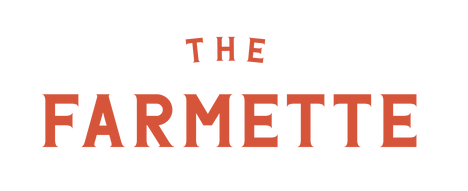
Food choices
Humans are not rational when it comes to decision making. Psychological aspects come into play, clouding their logical thinking process. One such thing surprising sociologists is buying behavior of humans. They have conducted numerous experiments on their buying behavior. During one such study, they collected data from impoverished area and learned about the budget spend from people belonging to such areas. It is expected that any rational human being would give most part of budget to his food. A good diet ensures that a worker can work at the best of his abilities and be a productive employee. Being a productive employee would pay him dividends and he would earn more as compared to not consuming enough food. So, they expected that a worker, thinking rationally, would spend more on healthy food. Instead, what they found out was that they spent more on luxuries, like durable consumer goods like television and healthy food has not been their top priority. Another such questionable spend was their extravagant marriage ceremonies, splurging heavy amounts on a one-time event when it could lower their financial difficulties does not make economic sense. Studies then concluded that best time of intervention for aid agencies, to get people out of poverty cycle is when women are going through pregnancy. Consuming healthy food during that period ensures baby is born healthy. A healthy child has much better chances of getting out of poverty trap than a child victim to malnutrition. Malnutrition has serious consequences for children in later stages of their life as they fail to perform well in schools and college. In many poor neighborhoods, many babies even fail to survive and have high kids’ mortality rates. Vietnam is facing a similar humanitarian crisis where according to WHO report 75% of kids are having stunted growth due to acute malnutrition. Similarly, the reason tall people are able to earn more on average, is that they receive good healthy diet growing up and very early for their age, they are able to develop skills necessary to excel in their desired profession.

Photo credits: Varnam.my
Similar patterns can be observed around us. People are spending millions on marriages and dowry just for the public image. Recent shopping trends are also questionable. People are willing to spend on branded clothes and shoes, but they are found haggling over little amount when it comes to vegetables and fruits. They would rather have a burger deal from an international food outlet than have fresh fruits. The Gen z is repeatedly found complaining about their health problems because the earlier generations were fed on healthy homemade food. Fruits were considered an essential part of their meal and they were able to consume the excess calories. With already sedentary lifestyle, we need more natural products in the meal to have balanced diet. However, fast food is getting popular among youth and these excess calories are creating health problems. We are following the path of Europe and America, where more and more people are falling victim to heart diseases. Spending on healthy food is essentially a long-term investment in yourself because not only it improves your overall productivity, but it also saves your hospitalization cost.
Pakistan is primarily an agricultural country with a significant area having fertile land. It grows many vegetables and fruits, many of them also exported to other parts of the world. While they have exorbitant prices in other countries, they still have affordable prices in Pakistan. Even if charged a little premium for their freshness and health benefits that they bring to the table, their rates are not higher than food substitutes. It’s not just about the rates but the vast range of products that we can get in our home country. It’s just a matter of prioritizing and promoting it to high position in shopping bucket, for one’s own health.

Picture Credits: foodnavigator-asia.com
The case in study is also lesson for many NGO’s working in Pakistan. While they are doing an excellent job in helping the community overall, some of them giving cash incentives can narrow their focus on helping young mothers and their children in getting the next generation out of poverty trap. People should make more wise decisions in eating and maintaining a balanced diet.

Leave a comment